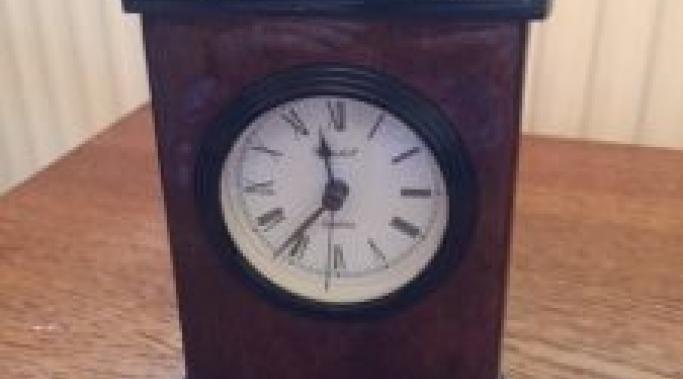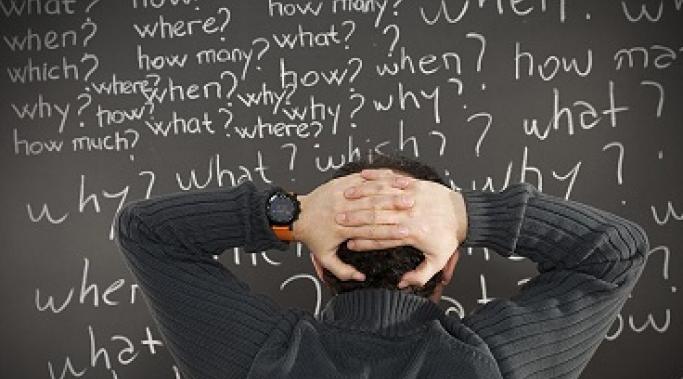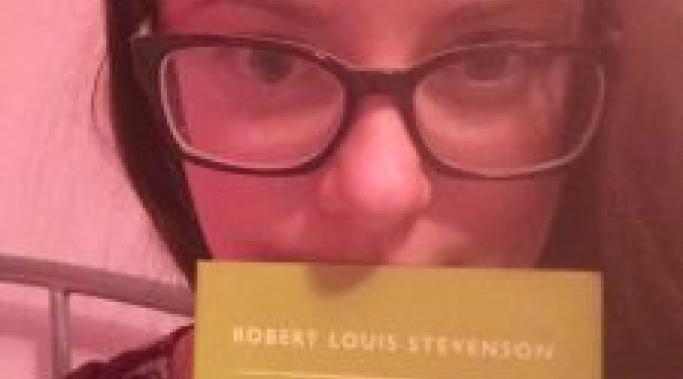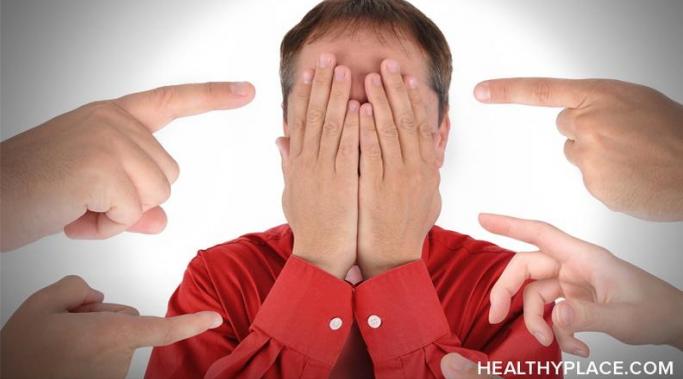Is it possible to distract yourself from fear? Fear is a basic human reaction, an instinct even, to something we perceive as a threat to our safety or general wellbeing. It sounds an alarm in the brain and kicks the fight-or-flight response into gear. When we are afraid, we want to run from what it is that's making us feel scared, or we want to confront it and do battle. Our instinct typically isn't to ignore fear by distracting ourselves with something else. Can you distract yourself from fear? Do you want to?
Effects of Anxiety
I must admit, anxiety-related procrastination plays a part in my life. There are far too many days when I find it very hard to cope with the complicated, impossibly fast push and pull of life. I can feel as though the world is too big and frightening and all I want to do is focus on the tiny acts of nurturing that help me cope minute to minute: nursing a large cup of tea, taking a nap or hiding in the bathroom to get away from the feeling of eyes and supposed scrutiny all around. These things look and feel like procrastination due to my anxiety.
Guilt is a distressing effect of anxiety. Guilt is the uncomfortable experience of self-flagellation for thinking, feeling, doing, and generally just existing,wrong (These Awful Effects of Anxiety Must Stop). Anxiety is the loud, critical voice in our head that provides a running commentary on the things we do wrong (wrong from anxiety's perspective, that is). As if it weren't bad enough to worry, fret, and fear that we've done something wrong, anxiety takes our discomfort to a new level. A very distressing effect of anxiety is guilt.
I think that it is all too easy to laugh off anxiety and social media addiction as being part and parcel of an entitled generation who are hooked on the instant gratification of likes and comments. However, often the overuse or misuse of social media can reflect an ocean of unhappiness below the surface, breaking through in tiny drips. Anxiety and social media addiction are often related.
Is fear in the way of your decision-making? Fear is, after all, the ultimate four-letter word -- more heinous than the other one beginning with the same letter. Fear, and its close cousin anxiety, can stop us in our tracks by getting in the way of decision-making. When fear and anxiety paralyze us by preventing us from making decisions, it can interfere in the quality of our lives. Good thing it's possible to break through fear's barriers, make decisions, and move forward.
Anxiety can make us say mean things, regrettably, no matter how nice we are. I would say that I am a nice person. Indeed, I would go as far to say that my “niceness” is often viewed as a defining characteristic to my closest friends. As far as I know myself, this isn’t just appearances. I do care deeply about people and feel a great sadness when learning about other people’s unhappiness and disappointments. I cannot bear to hear stories of loneliness and abandonment. I do not think that I have ever intended to hurt anybody or that I have ever taken pleasure in another person’s unhappiness. But I have said mean things when anxiety got the better of me.
Anxiety lies to you. It tells you lies in order to bully you and control you. A common complaint among people living with one or more anxiety disorders is that they can't get the racing thoughts of anxiety out of their head. A reason for this is that anxiety, seemingly without stopping, feeds lies directly into your brain. When we’re told something over and over and over again, we start to believe it. By telling you certain lies, anxiety strengthens itself so it can keep a hold on you and your life. See if you recognize any of these 12 common lies anxiety tells.
Anxiety is a burden that involves excessive worry and fear. When we live with anxiety and its worry and fear, we give up things in life that were once joyful. It’s not that we want to give up what we love; instead, anxiety is so all-consuming that it’s heavy and burdensome. Anxiety is hard to carry. The following simple short story illustrates just how burdensome anxiety, worry, and fear can be. It can also be a tool to help children cope with fear and anxiety.
The words "anxiety," "criticism," and "self-doubt" can be synonyms, closely knit word triplets. Those mere words indicate that anxiety has many effects that tend to make life difficult. One particularly annoying effect of anxiety is sensitivity to criticism. Feeling crushed by criticism is an effect of anxiety, in general, and social anxiety, in particular, where the fear of being judged or of embarrassment can be immense. When anxiety and criticism are overpowering and lead to self-doubt, take heart. There are ways to conquer self-doubt. with with anxiety and criticism
You can remain creative with anxiety, if, indeed, you are creative in the first place. I believe that it is high time that we as a society stamp out the rather offensive notion that mental illness is somehow linked in with creative thinking and originality. This cliché could, in fact, not be further from the truth (Mental Illness and Crazy: Creativity and Medication). Many great artists, musicians and writers produce exceptional works in spite of their mental illness, not because of it. I am not a genius and I don’t have any fantastically advanced talents to speak of. However, I have felt my own ability to be creative disintegrate during times when my anxiety has skyrocketed but I've also learned how to remain creative through anxiety.









